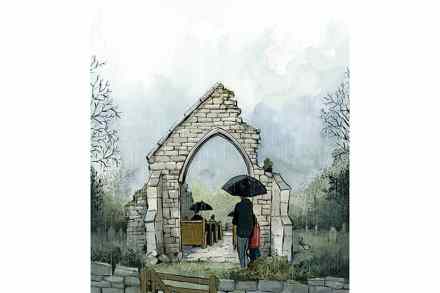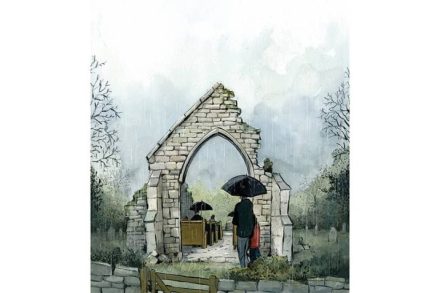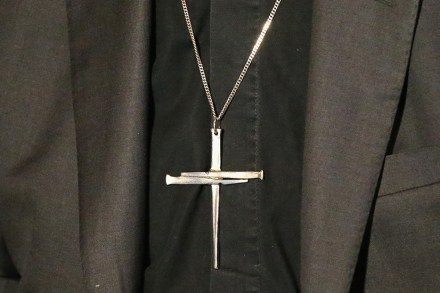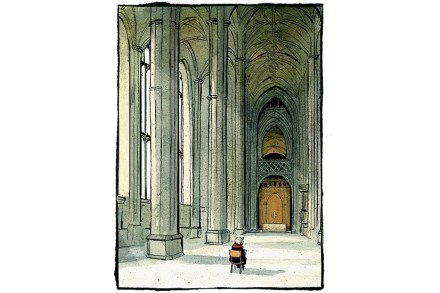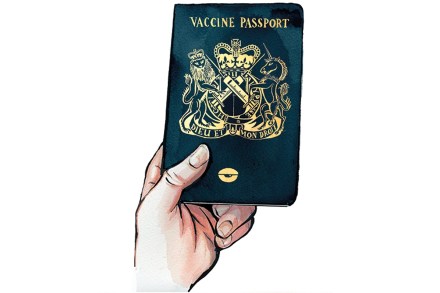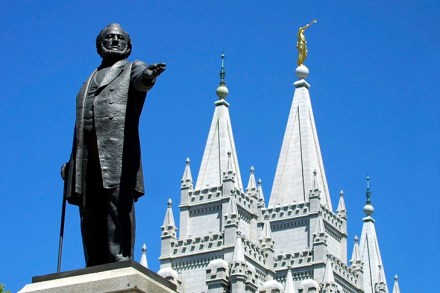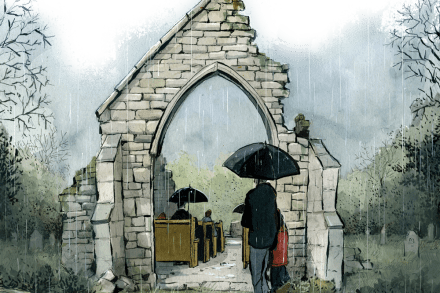Why I left the Church of England: an interview with Michael Nazir-Ali
By now, almost everyone who’s remotely interested will know that Michael Nazir-Ali, former Bishop of Rochester, a man once tipped to become Archbishop of Canterbury, has converted to Catholicism. Dr Nazir-Ali is the second senior Anglican cleric to jump ship this year, which makes church gossip sound pleasingly Shakespearean: ‘Ebbsfleet has fallen… what and Rochester too?’ But it’s also sad. It’s as if the Church of England is exploding in slow motion, all its constituent pieces — bishops, buildings, parishioners — drifting off for want of a centre to hold them. When I went to meet Dr Nazir-Ali this week, I expected to find him full of vim. As Bishop


